Amps, Volts, Watts: Understanding Your Electricity⚡ Australia
Discover the differences between amps, volts, watts, and ohms in electricity and how electrical currents and circuits are measured for homes in Australia.
Read more
Tesla Powerwall 3 Rebate Now Available - Combine with Federal Subsidy Today
We completely understand that when researching solar for the first time can be really confusing and not easy to understand. We wanted to create a single page for you to skim through and learn the basics of how solar works in Australia - in a simple way.
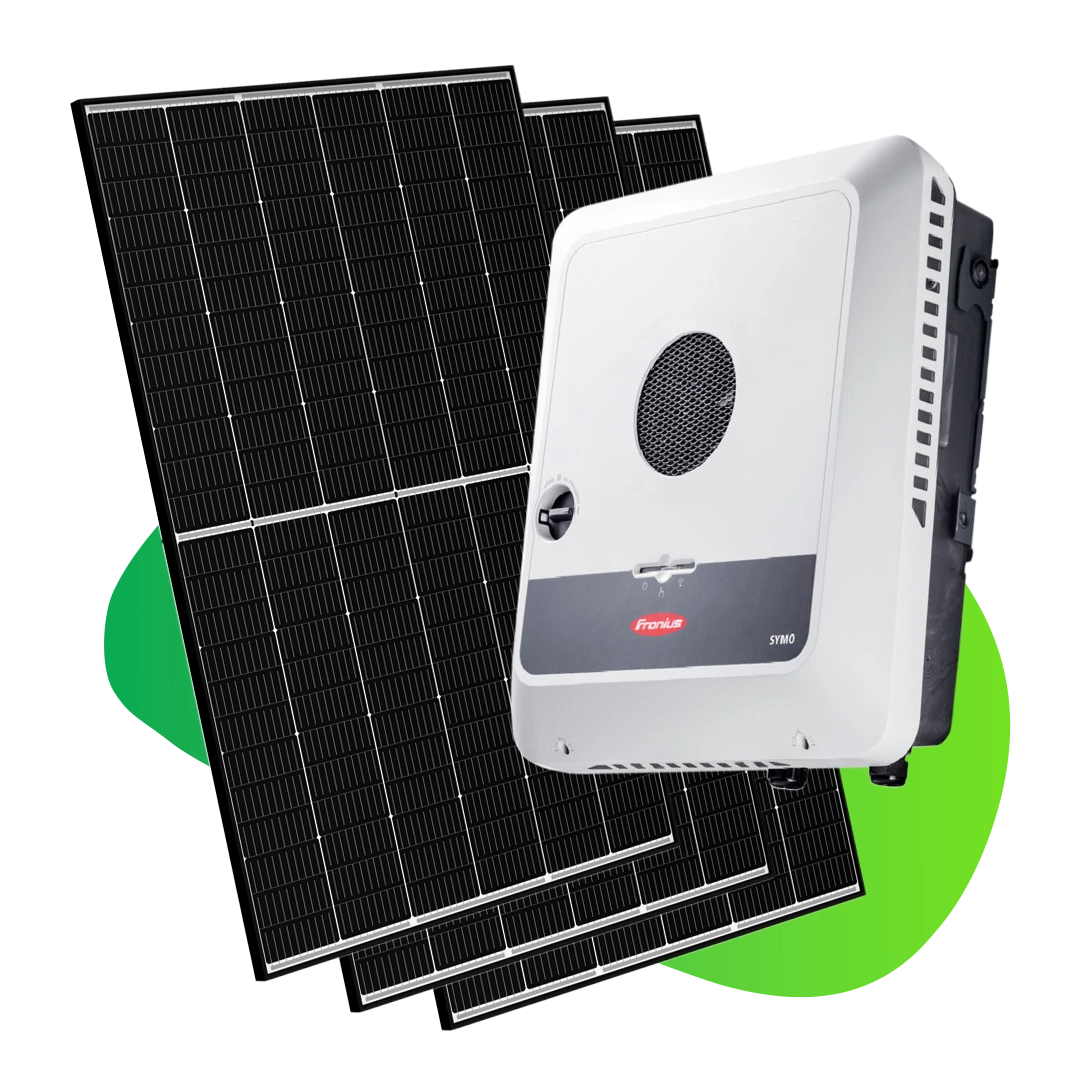
Solar is simply a way where properties across can harness the suns light to generate electricity. With the
correct components, we can magically turn sunlight into energy which powers our community throughout the day. It's renewable, and doesn't
run out. Here's what solar is designed for.
Because sunlight can generate free electricity, this can power your daytime appliances and offset your usage, in return, reducing electricity bills.
With higher reliance on renewable energy, homes and businesses can increase their sustainability as we transition into an eco-friendly future.
Solar energy (especially when paried with a battery) can help properties across Australia reduce their overall grid reliance and increase their independence.
Understanding how solar works doesn't need to be complicated. Using the diagram below, you can see that a solar system
consists of solar panels and an inverter which connects to your already existing switchboard. Depending on your system configuration and
design, solar systems can also have batteries connected which enables excess storage.
.webp)
Every house will have a switchboard/meter box, and appliances which consumes power from the grid. Adding a solar system essentially just
means you're adding another power source, but this is just sustainable energy from your roof. Pretty cool right?
Solar systems generally consist of 3 main components; panels, inverter, and an optional battery addition.
Systems will vary in configuration and design as every system is different.
Using solar photovoltaic (PV) panels, they are designed to continue to harness electricity from the sun.
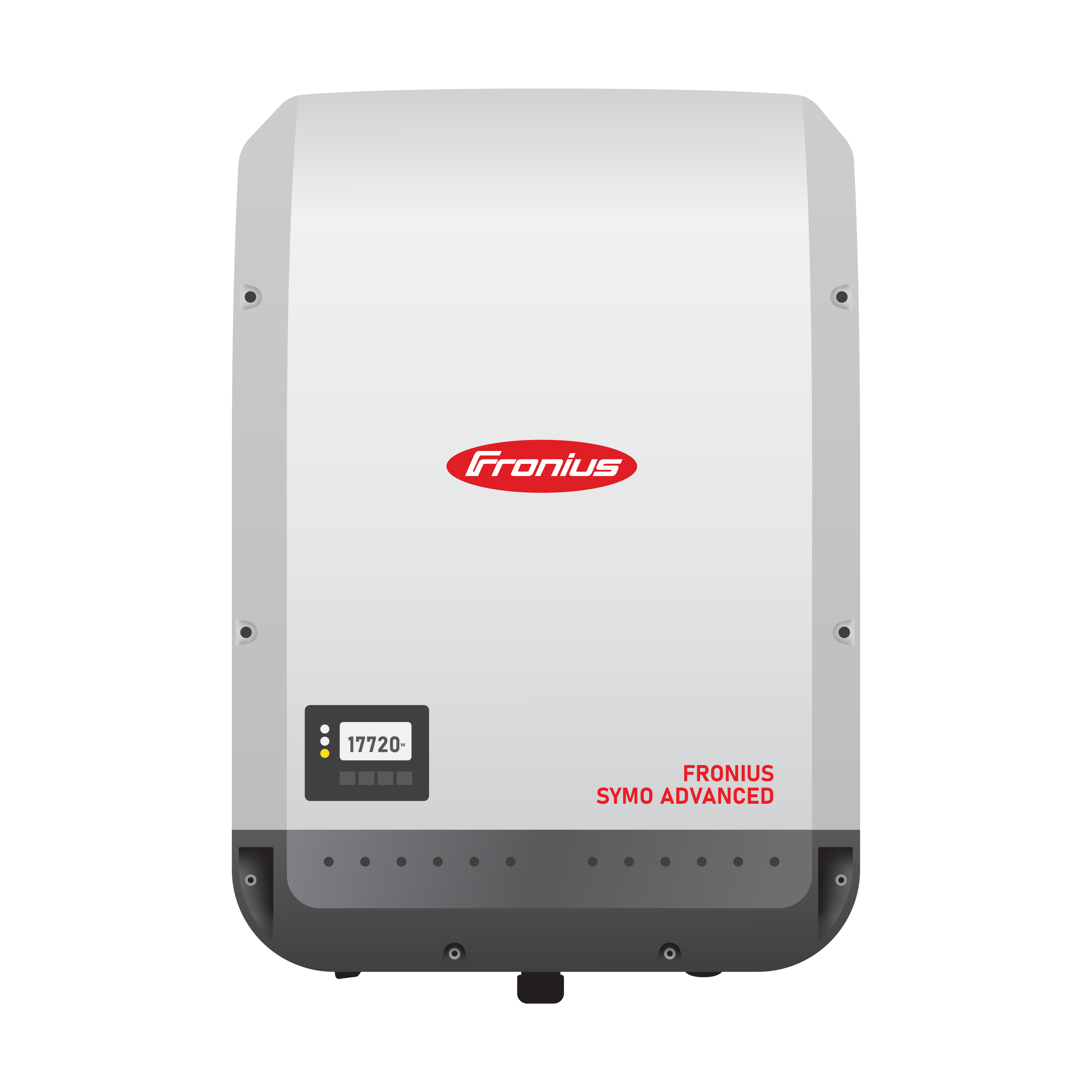
A solar inverter is responsible for converting your DC solar energy to AC energy for your household appliances.
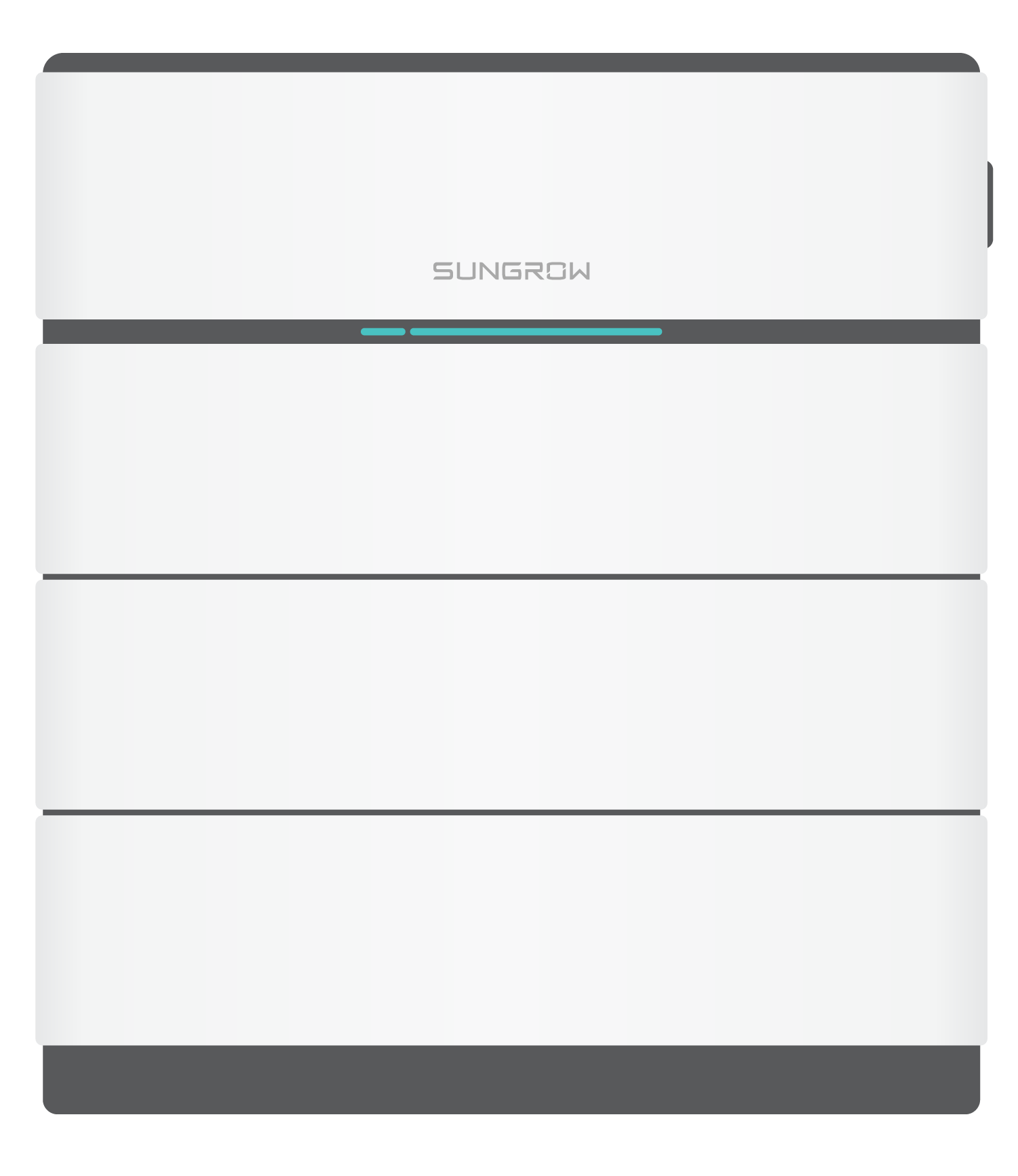
Stores any excess solar generation throughout the day which can be used throughout the night.
Most homes and businesses are solar-ready with suitable roofs and buildings for small to large-scale solar systems. If you are looking to see if your property is suitable for solar, here are 3 elements to keep in mind.
Depending on your homes age, most homes are pretty-suitable for solar installations of most sizes, ranging from small 3.3kW systems to larger 20kW systems.
Older homes may need additional work to ensure structural integrity with the additional weight of the solar system.
Every household rooftop will vary in sizes and shapes with different facing roof faces.
For those who want a larger system, you'll need to get your solar designer/installer to check if you can fit the required solar system size, or have variations with higher-powered panels.
As mentioned, every house will have varying roof faces which can affect your solar system's generation capacity.
Solar systems are typically installed on the North facing roof to ensure maximum coverage, with some spreading to the east and west faces.
For house and business solar, systems are measured in Kilowatts
(kW),
which is the power a system can produce. You'll see system sizes like 6.6kW, 10kW, and 13kW systems, but what does this mean, and how are
solar system sizes determined?
Firstly, the amount of kW a solar system depends on the conditions. Depending on sun exposure and other
ideal environments, a system can produce the amount of power that the system is designed for. A 6.6kW solar system will peak at 6.6kW
(6,600W) of power with ideal conditions, and it is one of the most popular system sizes in Australia (at least in NSW).
Being one of the most common solar system sizes in Australia, a 6.6kW solar system is the largest solar system that can be installed for a single-phase home with a 5kW inverter, and still be eligible for the STC solar rebate.
440W solar panels are one of the most common solar panel sizes used for installations. A 6.6kW solar system would consist of 15 x 440W panels. Whilst you can technically just add a 5kW solar system and a 5kW inverter, most people prefer the extra bit of power capacity.
Determining the right solar system size will depend on your unique electricity consumption. Installers are best to talk to get an idea of ideal sizes, however reviewing your energy bill can help you identify your overall daily grid consumption.
Most Australian solar systems are designed to balance energy requirements, affordability, and efficiency, using the installation requirements mentioned above including roof suitability, real estate, and sun exposure.
Below are some additional solar articles, designed to help increase knowledge of the solar industry, using simple language and examples.
Discover the differences between amps, volts, watts, and ohms in electricity and how electrical currents and circuits are measured for homes in Australia.
Explore the best solar system sizes & how many panels you need, the best Australian solar brands, and cost estimates for 6.6 & 10kW systems in NSW.
Explore what Virtual Power Plants (VPP) are, if joining is worth it, and how NSW solar battery owners can earn rewards, FiTs & rebates in Australia.
Explore what solar hotspots are, how they can affect your panel performance & efficiency, & how bypass diodes can affect your cells & strings in Australia.
Explore the process of installing rooftop solar and battery storage systems in a step-by-step guide of 9 easy steps on how solar is installed in Australia.
Is your roof suitable for solar in Newcastle? Learn how terracotta vs. tin roofs, tilt, orientation, condition, and shading can affect home solar generation.
Not only are we specialists in solar power, but we pride ourselves in being leading installers in battery
storage, as well as EV charging for homes and businesses. For solar and battery systems, we offer both on and off-grid solutions for a
range of applications.
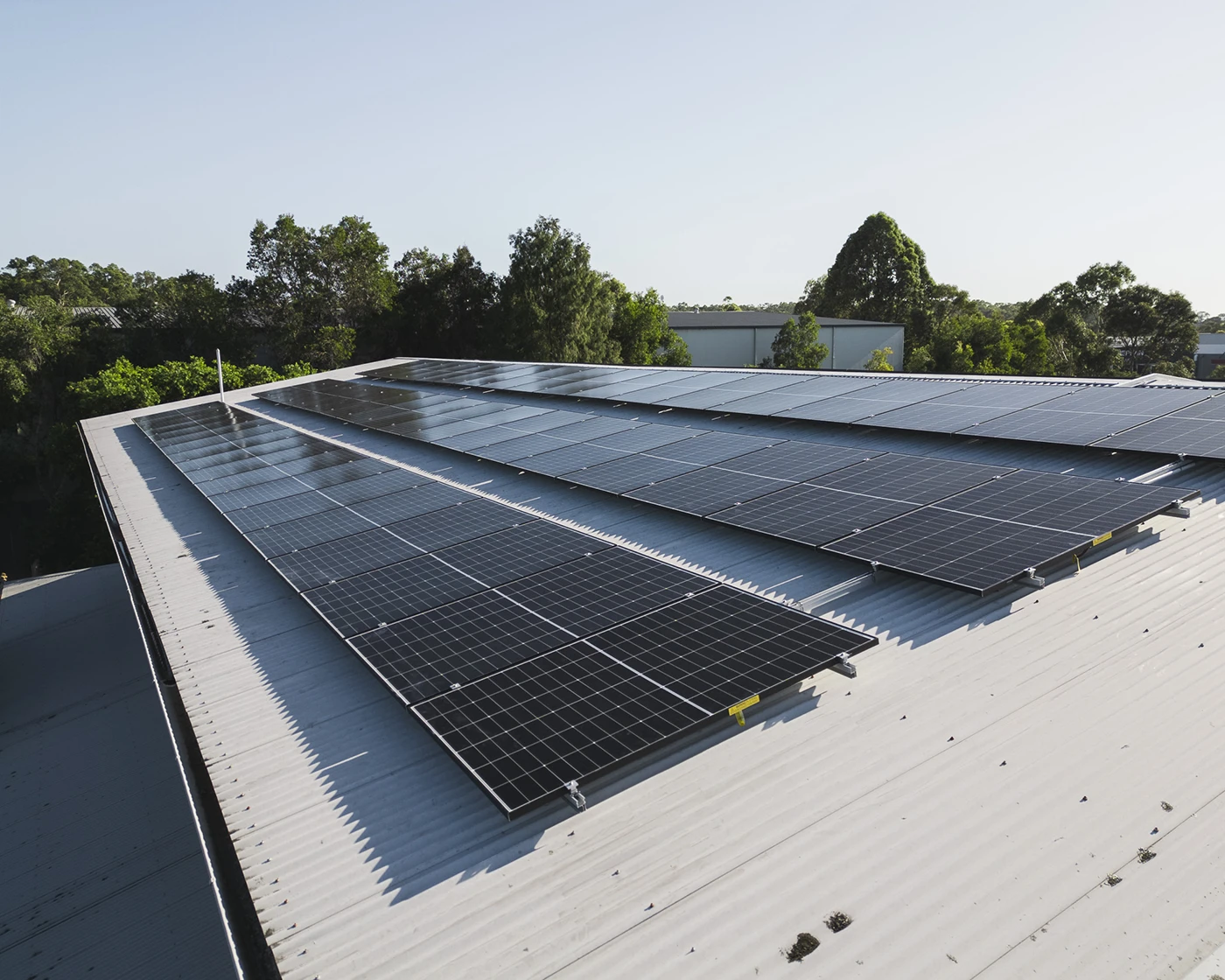
Newcastle's leading solar installers, providing long-lasting residential and commercial rooftop solar systems.
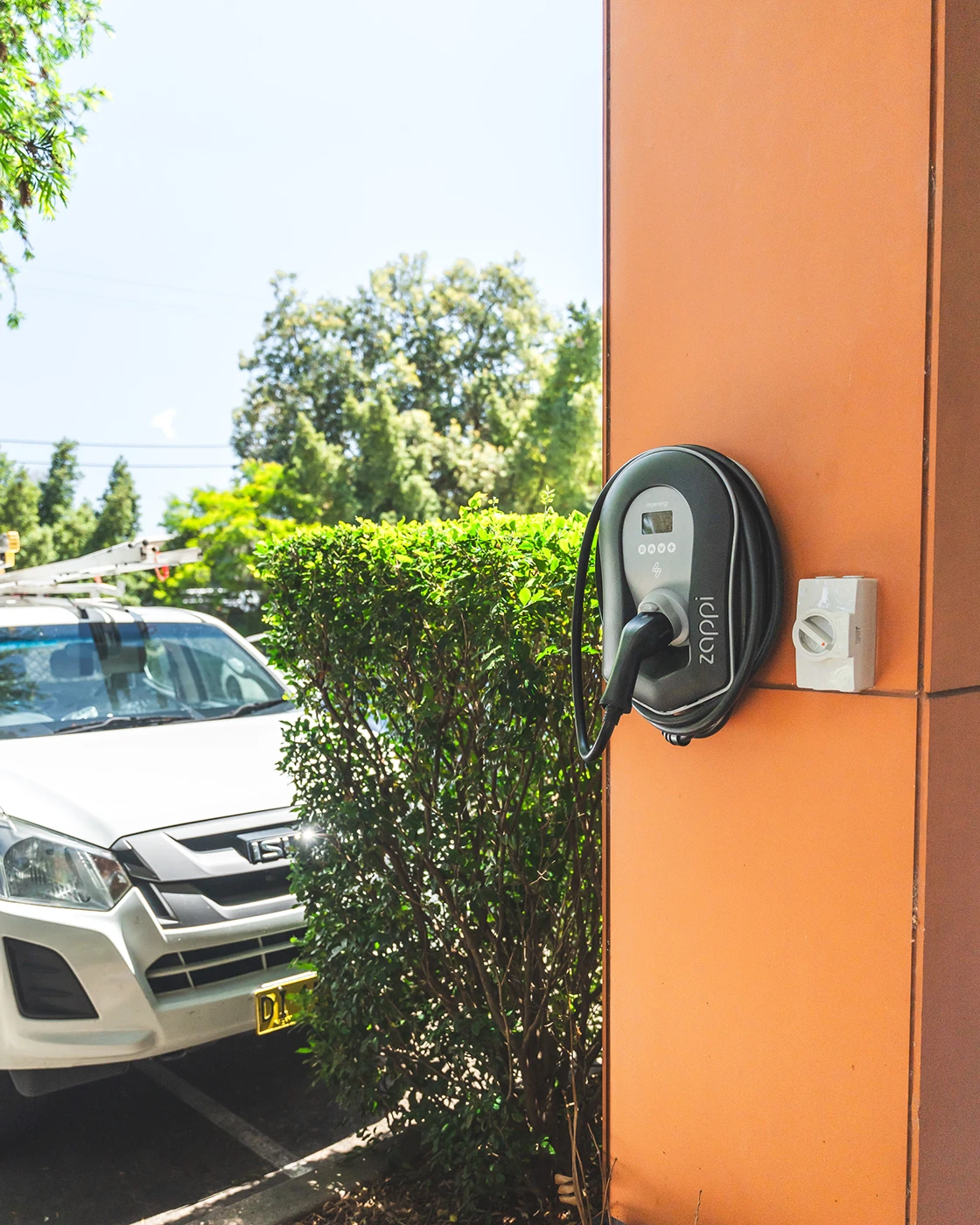
Experts in both residential and commercial electric vehicle charging station installations from 7kW - 360kW+.
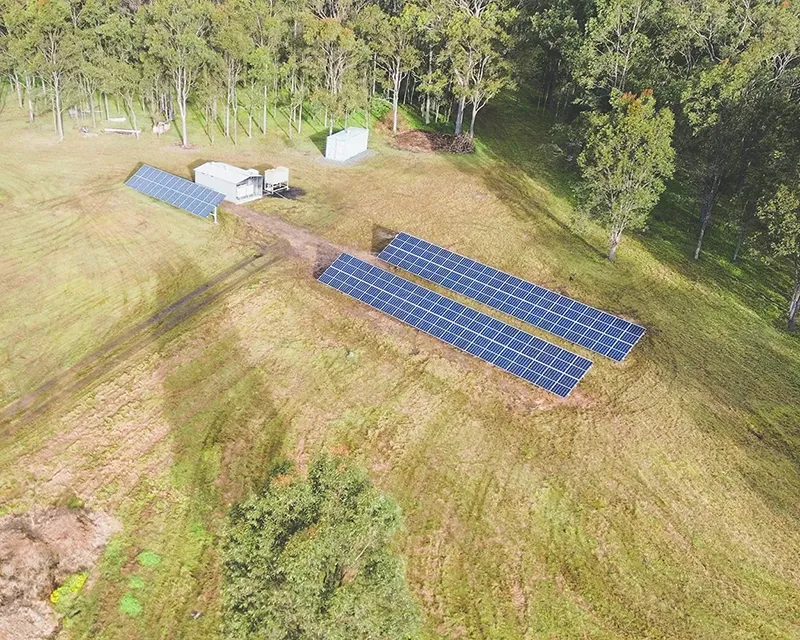
Specialists in off-grid solar and battery, helping properties never have to pay another electricity bill again.
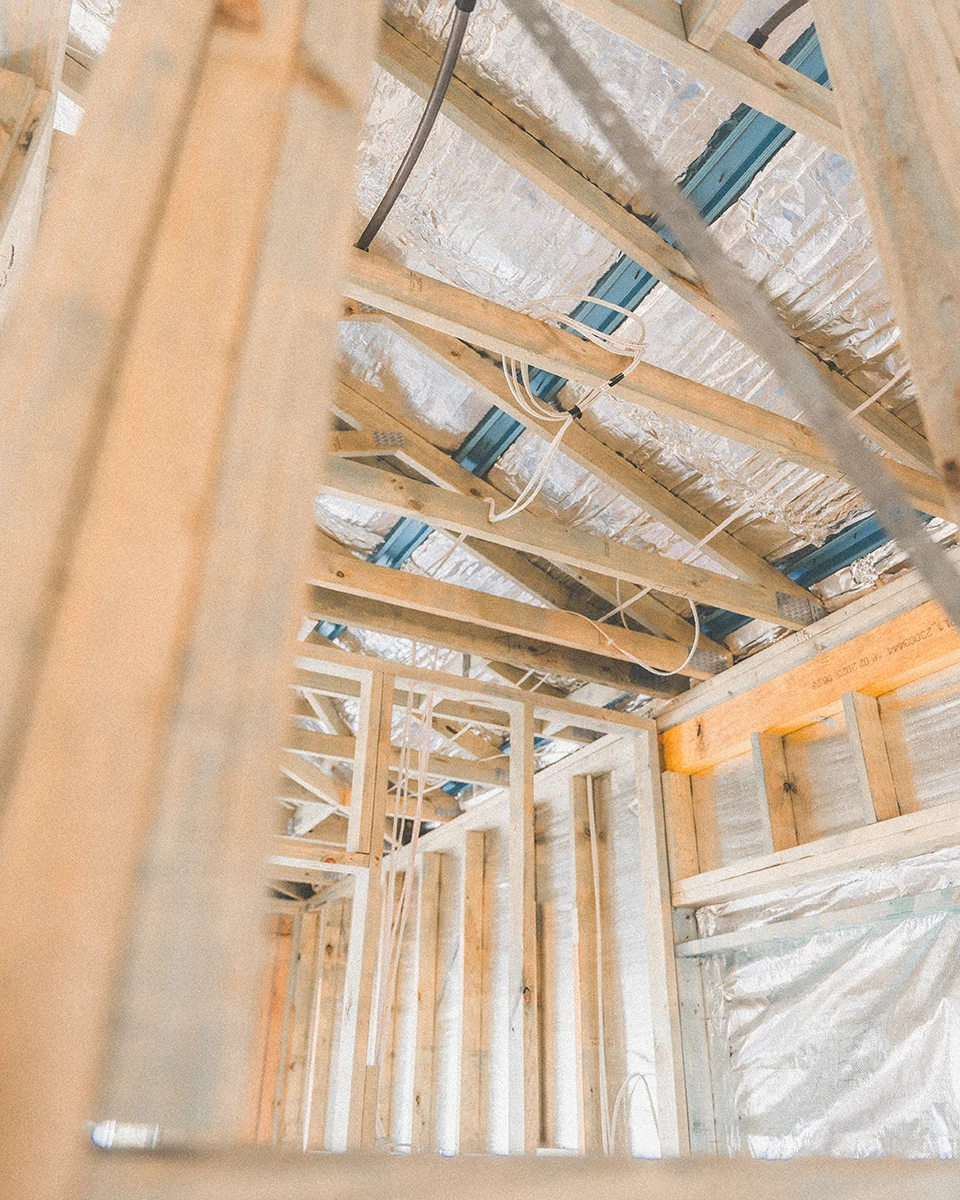
With decades of electrical and industry experience, our fully-qualified & licensed electricians are here to help.
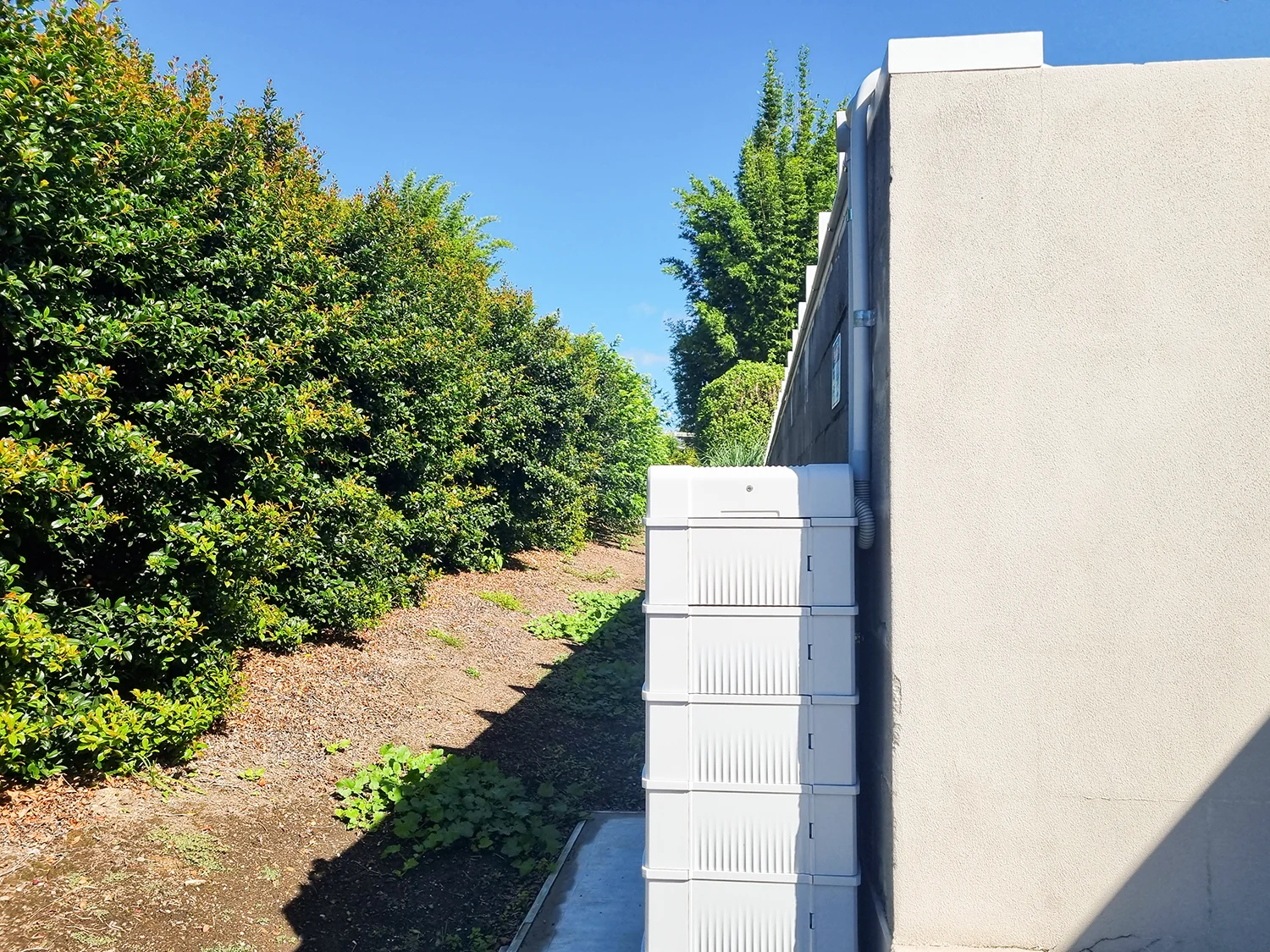
Maximise your solar generation with battery storage from reputable brands to accelerate return-on-investment.